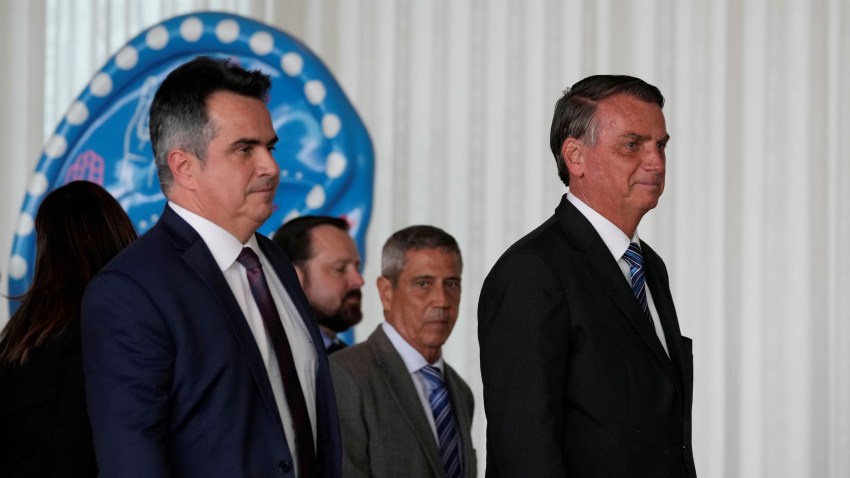As the campaign for Brazil’s presidential election got underway last year, the parallels with the 2020 presidential contest in the U.S. seemed unmistakable, and the signs that the disastrous aftermath of the U.S. election could be a prelude to an even worse outcome in Brazil started raising alarms. After all, incumbent President Jair Bolsonaro, who had already been dubbed the “Trump of the tropics,” seemed to be preparing to follow the Trump playbook that led to the attack on the U.S. Capitol in Washington on Jan. 6, 2021, leaving U.S. democracy deeply wounded. Would the same happen in Brazil? Could it end up being worse?
Many of us warned about the danger. “Bolsonaro is doing exactly what Trump did in the run up to the 2020 vote,” I wrote in a column at the Washington Post. The far-right Brazilian leader was “rolling out what appears to be the first phase of the ‘Big Lie of the Tropics.’”
When Brazilians finally voted on Oct. 30, the election’s outcome was close—the kind of close that lends itself to the scenario many observers had feared. When former President Luiz Inacio Lula da Silva was announced as the winner by a margin of 51-49 percent, Bolsonaro’s backers protested, blocking roads. Adding to concerns, Bolsonaro disappeared without a trace, refusing to concede or to say anything the night of Election Day.

